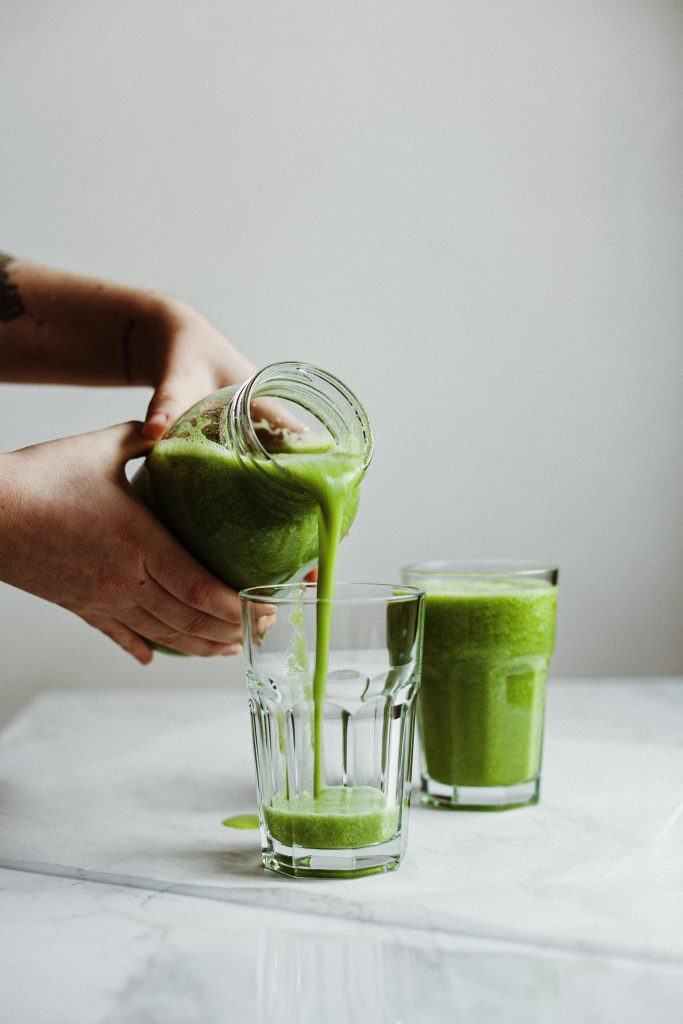
Lifestyle
A Health Routine: Ramadan Edition
While focusing on self-reflection and development is a priority this season, we can’t deny that it is also important to nurture and take good care of the body. Presenting a holistic approach, Dr. Adrian Heini, the medical director at Clinique La Prairie – a luxury spa and medical clinic in Switzerland – has arranged a great guide on how to stay healthy during Ramadan.

Engage in physical activity
Maintaining an exercise routine is one of the most effective ways to remaining healthy during this season. Not only does it refresh the body, but it also rejuvenates the mind. However, exercise sessions are definitely recommended for post Iftar, 2-3 hours after your meal. Try to steer clear from high intensity workouts but rather go for moderate regimes, such as swimming, pilates or yoga.

Incorporate superfoods into your diet
A recommendation experts usually offer is to grab a date when it’s time to break your fast, instead of diving into a full feast. They are easy to digest because of their natural sugars, which is also good for the blood glucose levels. For both Iftar and Suhoor, try to minimize the amount of fat in your intake, including meats and cheese. It’s better to take in a lot of fibre instead, from fruits and vegetables; this would help you avoid gaining unhealthy weight.

Regulate your sleep cycle
Sleep is key to your body’s endurance during this season, especially if you plan on maintaining a healthy lifestyle. Of course, we acknowledge that it’s not very easy but here are a few pointers to help you regulate your sleep cycle. Firstly, restrain your tendency to eat a lot of sugary dessert. After a heavy meal, you can wait 1-2 hours before you go to bed. If you take naps during the day, try your best to keep them short; up to twenty minutes is ideal. And you’ve heard this before, but we’re saying it again – reducing screen time really helps your quality of sleep. If that sounds impossible to you, aim for at least thirty minutes before bedtime. Another tip is to have a cup of chamomile or hot milk when you’re about to hit the hay.

Stay hydrated at night
Hydration is essential, since it awakens metabolism and constantly eliminates toxins. The approximately 14-hour fast is quite similar to ‘intermittent fasting’, which most people actually take on for better glucose metabolism and more efficient fat burning. To compensate for the lack of fluids during the day, it is crucial to focus on hydration levels during the night instead. Whether you reach for fresh fruit smoothies or a tasty bowl of soup, make sure you keep including more liquids in your diet.













0 comments